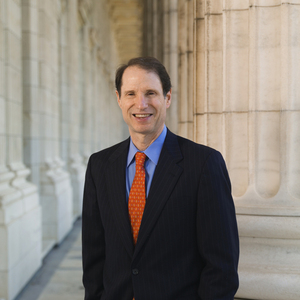Wyden supports additional FY 2017 bioenergy funding




March 31, 2016
BY Erin Voegele
Advertisement
Advertisement
Related Stories
A bioenergy with carbon capture and storage (BECCS) project under development in Sweden by Stockholm Energi was awarded planning approval on March 28 by the country’s Land and Environmental Court.
Waste-to-energy provider Covanta has announced the next milestone in its strategic evolution as a pioneering sustainable waste solutions company with its new identity: Reworld.
The U.S. DOE has opened a funding opportunity making up to $25 million available to support clean energy technology deployment on Tribal lands. Projects fueled by biomass, biogas, RNG or renewable hydrogen are among those eligible for the funding.
The International Biomass Conference & Expo was held in Richmond, Virginia, in early March.
FuelCell Energy Inc., announced that its carbonate fuel cell technology will be used in a biogeneration project developed by Ameresco for the Sacramento Area Sewer District (Sacramento Sewer) to convert on-site biofuel into clean electricity.





